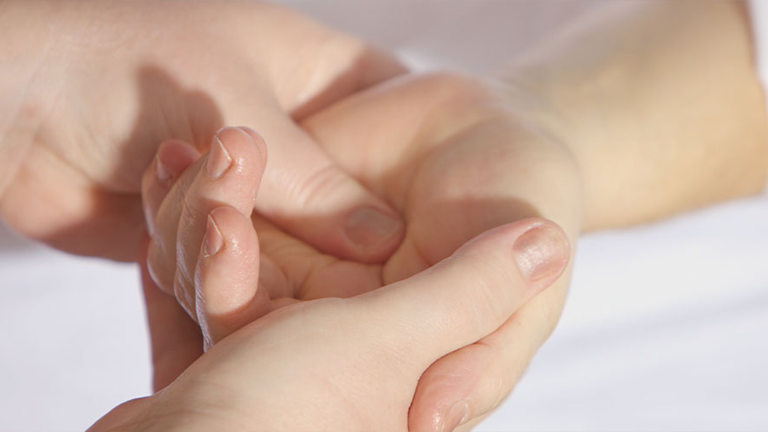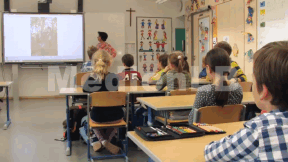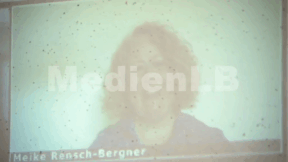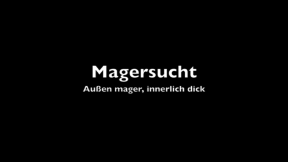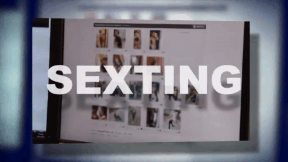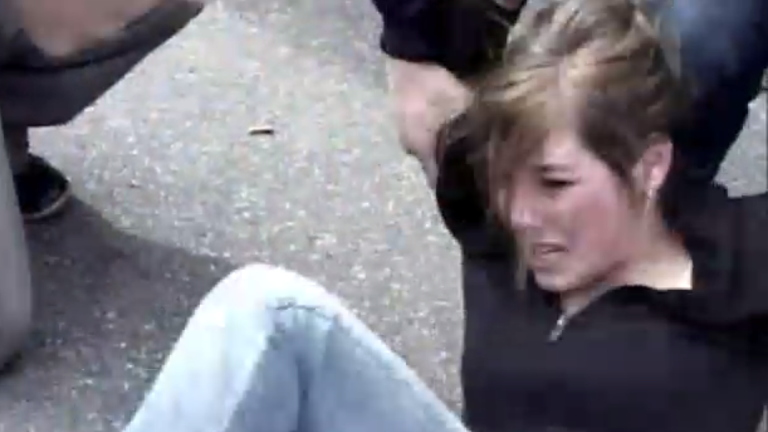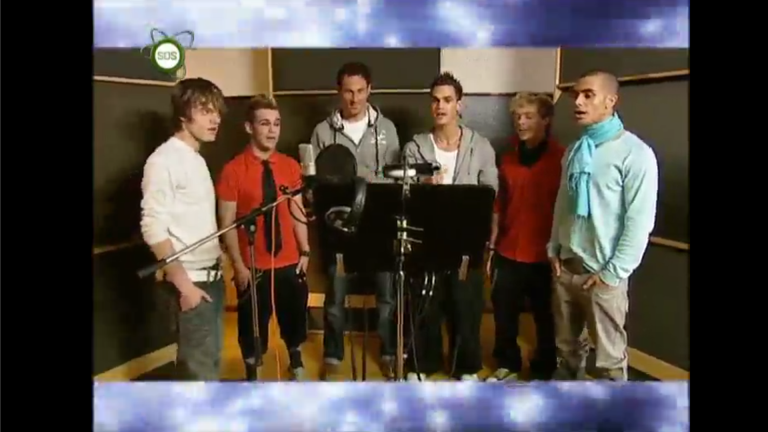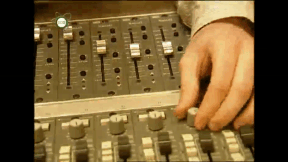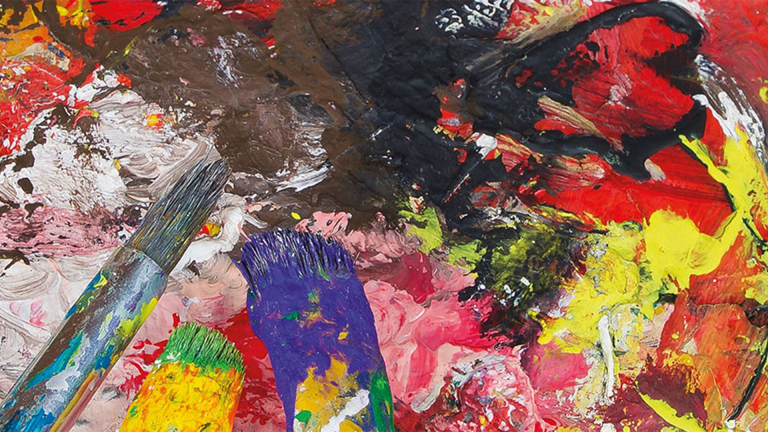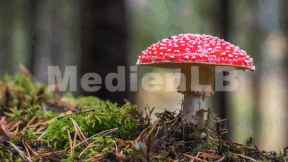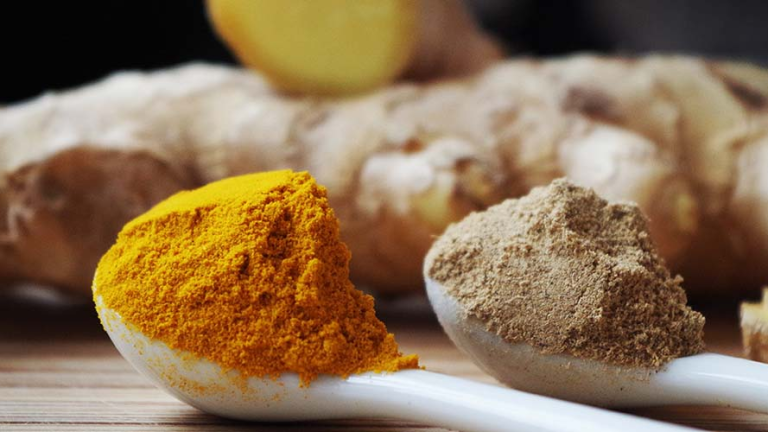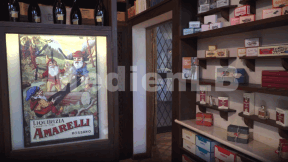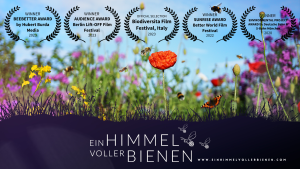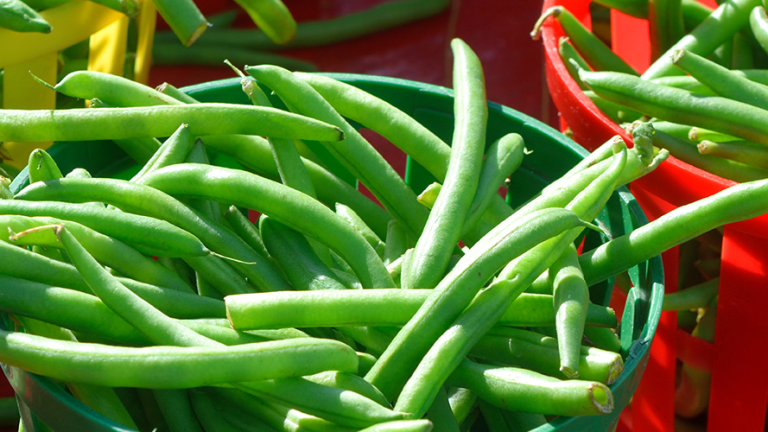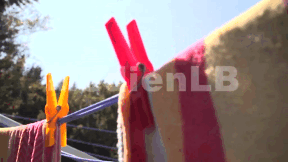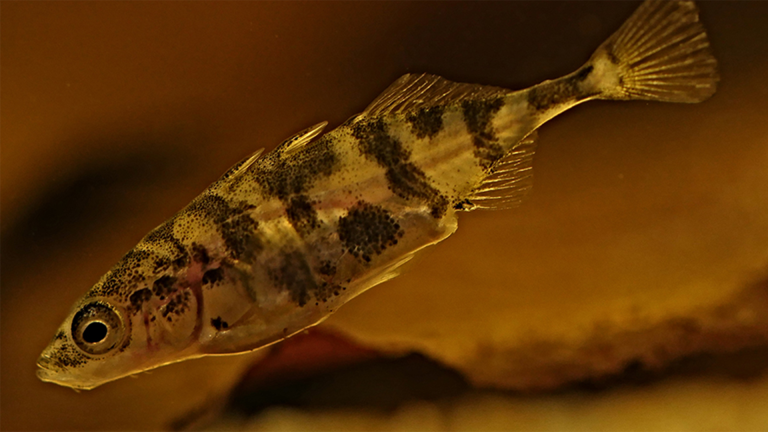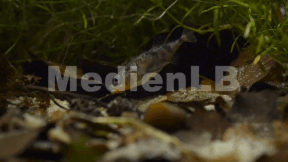Suche:
- # Artistry
- # Biology
- # Chemistry
- # Ecological
- # Economy
- # English
- # Foreign Language
- # Geography
- # German
- # Health
- # History
- # Informatik
- # Latin
- # Mathematics
- # Media Education
- # Music
- # Physics
- # Politics / Civics
- # Preschool
- # Primary School
- # Religion
- # Society
- # Sports
- # Technology
- # Training of Teachers
- # Vocational Education
ADHS
Die ADHS, die Aufmerksamkeitsdefizit-/Hyperaktivitätsstörung gehört zur Gruppe der Störungen von Verhalten und Emotionen. Wissenschaftler gehen davon aus, dass in jeder Klasse zwei bis drei Betroffene sitzen.
Learn moreÜbergewicht
Becky Pfleger erzählt: „Das Schlimmste, was ich je erlebt habe? ... Ich wurde in der Bahn von einem Opa angeschrien: ‘Euch Dicke hätte man vergasen sollen wie die Juden damals!‘ “
Learn moreMagersucht
Hungern um jeden Preis – nach Schätzungen der Bundeszentrale für gesundheitliche Aufklärung leiden mehr als 100.000 Menschen in Deutschland an Magersucht. Besonders erschreckend dabei ist: Die Patienten werden immer jünger.
Learn moreSexting
„Sexting“ ist eine Kombination aus „Sex“ und „Texting“, dem englischen Begriff für „SMS-Schreiben“. Und Sexting ist in Deutschland angekommen – in einem Ausmaß, mit dem kaum einer gerechnet hat.
Learn moreCivil Courage
Civil courage concerns us all! Everyone may fall victim to violent assault.. Violence is expressed not only physically but also psychologically. It can lead to severe physical and mental damage for the victim.
Learn moreReconciliation instead of Judgement
The Criminal Code says: »Whosoever physically assaults another person is punished.« But the Criminal Code also says: »If the offender in an effort to achieve reconciliation with the victim (Victim-Offender-Mediation) has made full restitution for his offence, the court may mitigate the sentence or, unless the sentence is imprisonment of more than one year, may order a discharge.« The Youth Courts Law says:»The public prosecutor shall dispense with prosecution«, that means he does not bring charges and the matter does not go to court when the youth is ready »to achieve a settlement with the aggrieved person.«
Learn moreAkustik
Musik ist aus unserem Leben nicht wegzudenken. Doch warum lassen wir uns tagtäglich durch Radio, iPod, CD oder Fernsehen beschallen? Welchen Einfluss hat die Musik auf Körper, Geist und Seele? Wie beeinflusst sie unsere Emotionen? Und macht Musik wirklich intelligent? Joey Grit Winkler besucht heute eine Kölner Musikschule und zeigt, welche Auswirkungen Musik auf die Intelligenz hat, wie unterschiedliche Musikrichtungen unsere Konzentration beeinflussen können und stellt zusammen mit Musikschülern die beliebtesten Musikinstrumente vor. Fero Andersen begleitet währenddessen die Band „Lexington Bridge“ ins Tonstudio. Er erfährt, wie die Star-Maschinerie von Gesangsausbildung, über perfektes Styling bis hin zur PR-Strategie funktioniert. „Schau dich schlau!“ erklärt heute auch, wie man seine Wohnung inklusive Möbel und Boxen richtig einrichtet, um sich das perfekte Klangerlebnis ins eigene Heim zu holen. Außerdem zeigt uns ein Komponist anhand einer beispielhaften Spielfilmszene, wie uns Musik in Filmen bewusst in die „richtige“ Stimmung versetzt und auch unser Liebesleben positiv oder negativ beeinflusst.
Learn moreKräuter und Gewürze
Das Wort Kräuter kommt von Kraut. Als Kraut bezeichnet man meist die oberirdischen Teile einer Pflanze, aber was ist mit den Wurzeln? Das Wort wiederum steckt in Gewürz. Blattgewürze werden nur als Gewürz bezeichnet, wenn sie getrocknet sind. Im frischen Zustand zählen sie zu den Kräutern. Fest steht, eine klare Abgrenzung gibt es nicht. Viel wichtiger ist es, ein paar Kräuter und Gewürze zu kennen, um sie im Alltag richtig einzusetzen.
Learn moreBean
The word bean refers to both the seeds and the pods surrounding them and often even the whole bean plant. It is not easy to get an overview of the different types of bean plants. Their variety is due to, among other things, their different origins.
Learn moreHygiene
Epidemics such as the cholera or the plague and diseases like the Spanish flu were the causes of the deaths of many people throughout the centuries.
Learn moreSticklebacks
More than fifty fish species live in our lakes and rivers. The sticklebacks count among the smallest native freshwater fish.
Learn more



